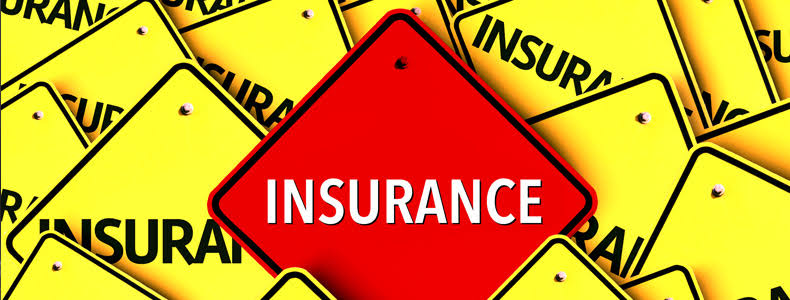Life comes with its uncertainties at different levels, and one must be prepared. That’s why it’s essential to protect what matters most to you. Whether it’s your health, your home, your car, or your business, having the right insurance coverage can give you peace of mind and protect you from financial loss. In this article, I’ll share some tips on how to choose the right insurance coverage for your needs, so you can rest assured that what matters most to you is protected.
Understanding Insurance Coverage
Insurance is an agreement between an individual or organization with an insurance company like it is with players and platforms like https://parimatch.com.gh/page/online-aviator. The individual or organization pays a premium, and in exchange, the insurance company agrees to pay for any losses or damages covered by the policy. Insurance policies can cover a wide range of events, including accidents, illnesses, property damage, and legal liability. Understanding insurance coverage is crucial to ensure that you choose the right policy for your needs.
There are two main types of insurance coverage: personal and commercial. Personal insurance coverage is designed to protect individuals and their families against financial loss due to unexpected events, such as illness, accidents, and property damage. Commercial insurance coverage is designed to protect businesses and their assets against financial loss due to unexpected events, such as property damage, liability claims, and business interruption.
Types of Insurance Coverage
There are several types of insurance coverage available, each designed to protect against specific risks. Understanding these different coverages helps you know which is best for your needs or that of the family and as such, it informs decisions.
● Health Insurance
Health insurance is designed to cover the cost of medical expenses, including doctor visits, hospital stays, and prescription drugs.
● Life Assurance
This type of insurance is designed for when a person dies, and it comes with certain conditions one of which includes an exception against suicide.
● Auto Insurance
Auto insurance guarantees that you do not have to spend much when in an accident with your car. This is why it is always best to first speak with your insurance company and an accident attorney when involved in a car accident.
● Homeowners Insurance
Homeowners insurance is designed to cover the cost of damages or losses to your home and personal property. Homeowners insurance can also provide liability coverage in the event that someone is injured on your property.
Factors to Consider When Choosing Insurance Coverage
When choosing insurance coverage, there are several factors to consider:
● Coverage Limits
Consider the coverage limits of the policy and whether they are sufficient to protect your assets. If you have significant assets, you may want to consider higher coverage limits.
● Deductibles
Consider the deductible of the policy and whether you can afford to pay it out of pocket in the event of a loss.
● Exclusions
Consider the exclusions of the policy and whether they are reasonable. Make sure you understand what events or circumstances are not covered by the policy.
● Premiums
Consider the premiums of the policy and whether they fit within your budget. Remember that a lower premium may mean a higher deductible or lower coverage limits.
● Reputation of the Insurance Company
Consider the reputation of the insurance company and whether they have a history of paying claims promptly and fairly.
How to Compare Insurance Policies
To compare insurance policies, start by identifying your insurance needs and evaluating your risk factors. Then, request quotes from several insurance companies and compare the coverage limits, deductibles, exclusions, and premiums. Consider the reputation of the insurance company and read reviews from other policyholders. When comparing insurance policies, make sure you understand the terms and conditions of each policy.
Common Insurance Mistakes to Avoid
When choosing insurance coverage, there are several common mistakes to avoid:
● Not Understanding the Policy
Make sure you understand the terms and conditions of the policy, including the coverage limits, deductibles, and exclusions.
● Underinsuring
Don’t choose coverage limits that are too low to protect your assets adequately. Consider your financial situation and how much risk you can afford to take on.
● Over Insuring
Don’t choose coverage limits that are higher than necessary. Consider your assets and the potential cost of damages or losses.
● Not Comparing Policies
Don’t choose the first policy you come across. Request quotes from several insurance companies and compare coverage limits, deductibles, exclusions, and premiums.
● Not Seeking Professional Advice
Don’t be afraid to seek advice from a professional, such as an insurance agent or financial planner to guide you on the best coverage to choose and how to go about it.
Conclusion
Choosing the right insurance coverage is essential to protect what matters most to you. Start by understanding insurance coverage and the types of insurance available. Identify your insurance needs and evaluate your risk factors. Consider the coverage limits, deductibles, and exclusions of each policy, and don’t forget to compare policies and seek professional advice.

